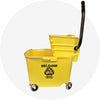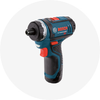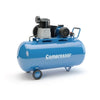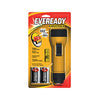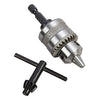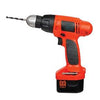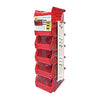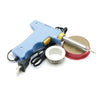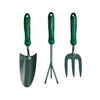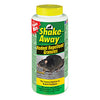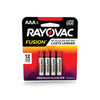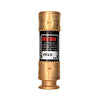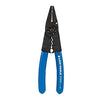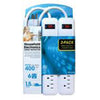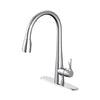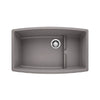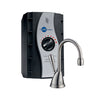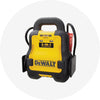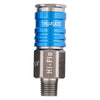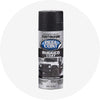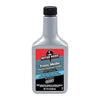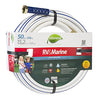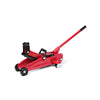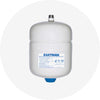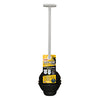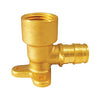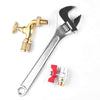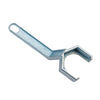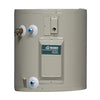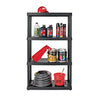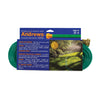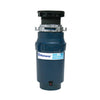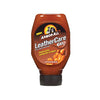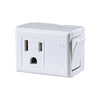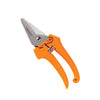How to get a property management license
∙ min read

At Max Warehouse, we understand that your business's success hinges on the products and tools you use the knowledge and skills you apply to every aspect of your operation.
Obtaining a property management license could be crucial if you're considering expanding into real estate services. This license broadens your business opportunities, allowing you to legally manage residential and commercial properties and establishing you as a trusted expert with your clients.
In this article, you will learn about the requirements and processes necessary to obtain your property management license, ensuring you have all the information you need to advance your professional career and help your business thrive.
It's important to note that obtaining a property management license in the United States can vary significantly from state to state, as each has its requirements and regulations. Here, we provide a general overview of the most common steps and requirements you might encounter.
Most states require property management candidates to complete a specific number of real estate or management education hours. This could include courses on leasing laws, property management, accounting, and other industry practices.
Some states have a specific property manager exam besides the real estate exam. This test may cover building maintenance, property laws, and financial management.
Several states require practical experience in the field, supervised by a licensed manager, before granting a license.
Nearly all states require a background check for property management license applicants to ensure they are reliable and equipped to handle financial and operational responsibilities.
Some states may require property managers to carry professional liability insurance, which protects against legal claims due to errors or negligence.
Depending on the location, registration with local or municipal authorities and compliance with additional regulations, such as property inspections or local codes, might be necessary.
Property management licenses generally need to be renewed every one or two years, depending on the state. This often includes meeting continuing education requirements and paying renewal fees.
We recognize the crucial role certifications and licenses play for property managers. Here's an overview of common types.
Agents and brokers must handle real estate transactions, including sales and rentals. Requirements include state-approved courses, passing an exam, and sometimes providing practical experience. Licenses must be periodically renewed and often require continuing education.
Validates can manage homeowner associations, including financial and property maintenance duties. Obtaining this certification involves passing an exam focused on community association management.
The Institute of Real Estate Management (IREM) offers this certification for those who aim to excel in real estate property management. Eligibility depends on meeting specific education and experience requirements, including managing a property portfolio for a specified period and completing related courses.
This certification, from the National Association of Residential Property Managers (NARPM), targets professionals managing single-family and small residential properties. It requires industry experience, education courses, and passing a competency exam.
The CAM is from the National Apartment Association (NAA) and is aimed at those managing apartment complexes. It covers property management, marketing, financial management, and legal and risk maintenance. To earn the CAM, candidates must complete a training program and pass an exam.
These certifications enhance credibility and skills, helping property managers stand out in a competitive field.

How to proceed?
To learn about the specific requirements for property management licensing in your state, it's best to contact your state's real estate commission or equivalent regulatory body directly. Consulting with local real estate professionals or looking for online resources specific to your area can also be helpful.
At Max Warehouse, we will be happy to help you at any stage of your business, and we hope this information will help you start obtaining a property management license.
Create a successful business with Max Warehouse.
Remember that becoming a successful property manager requires the proper knowledge and certifications as well as the correct tools and resources to manage properties effectively and meet the needs of tenants and owners.
At Max Warehouse, we understand the importance of having quality products and reliable solutions that make your daily work easier and contribute to your company's growth.
Visit our website to explore our wide range of products and start building your path to success in property management today.
Find all your property management essentials in one place
Sources:
- https://www.showdigs.com/property-managers/certifications-and-licenses
- https://www.nextinsurance.com/blog/property-management-license-requirements/


